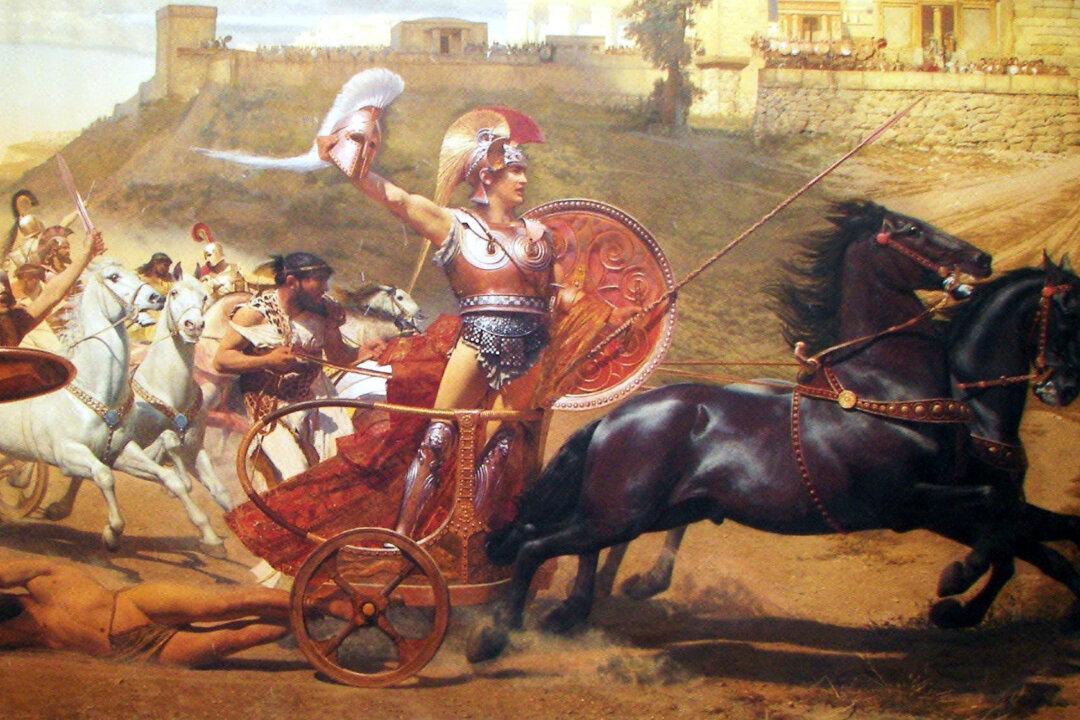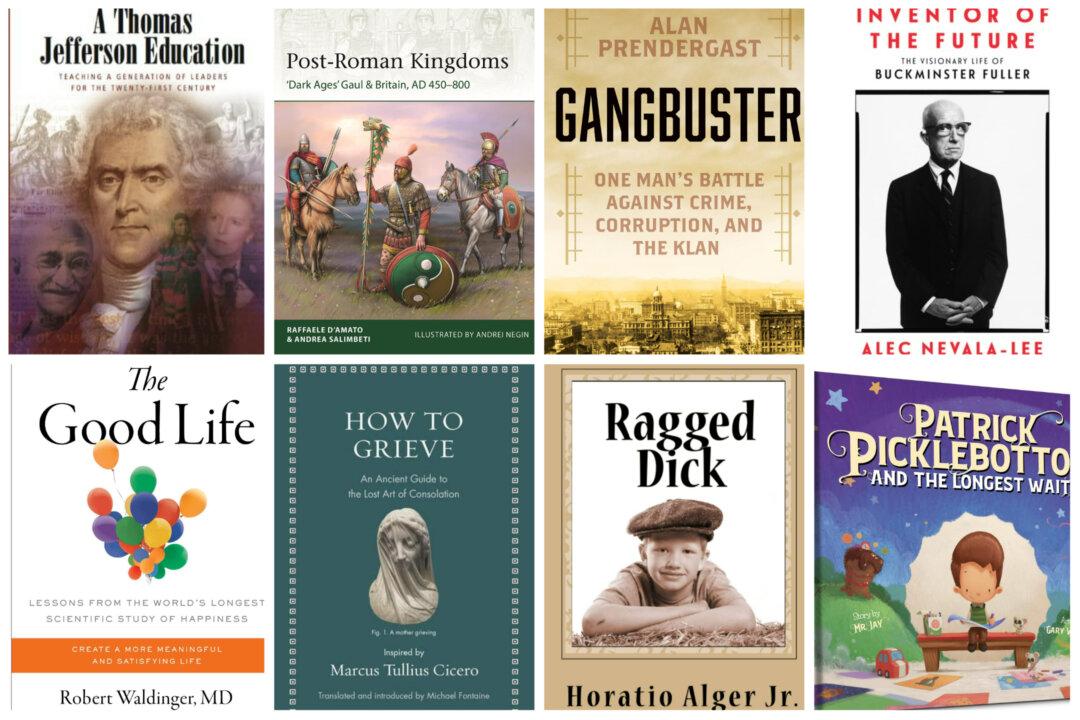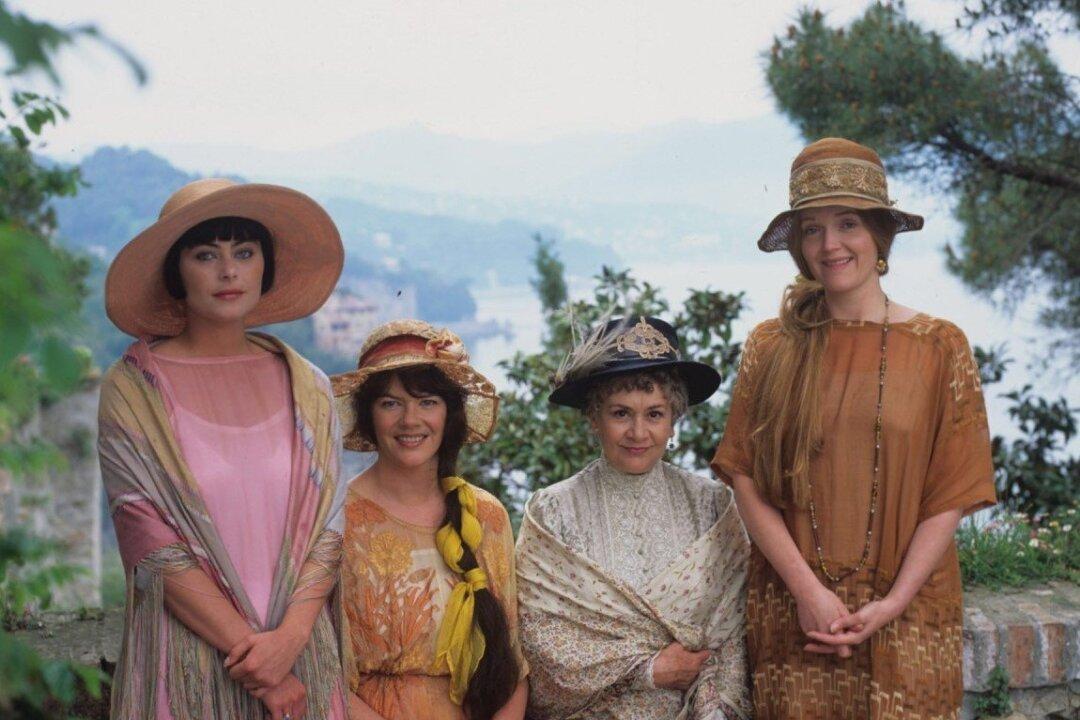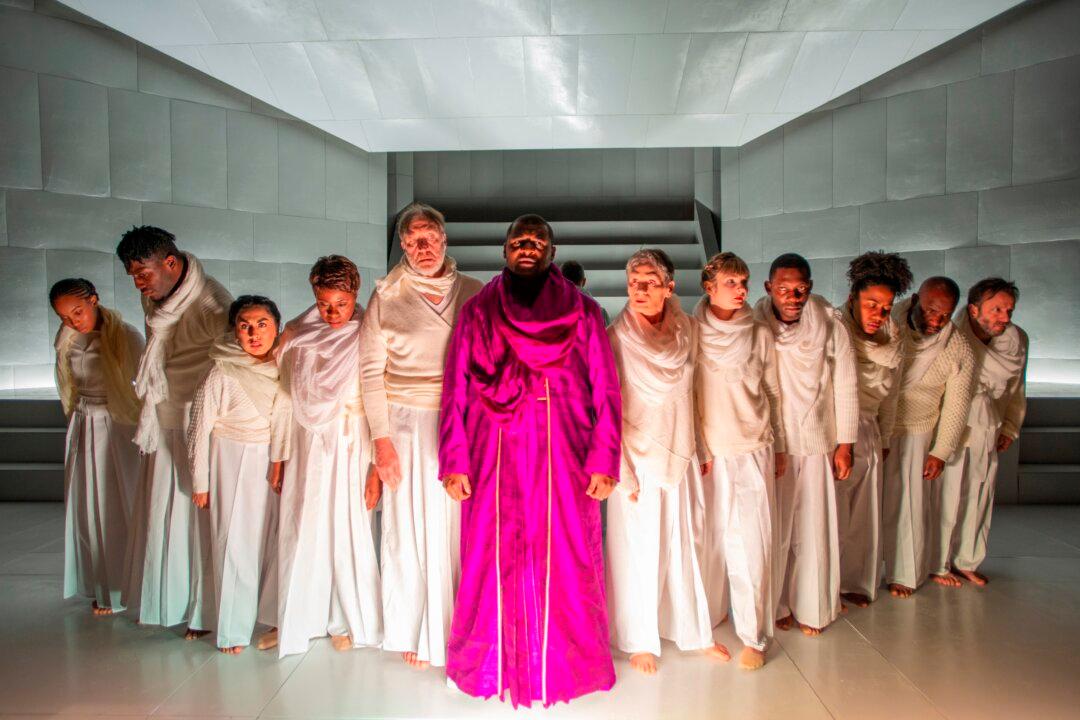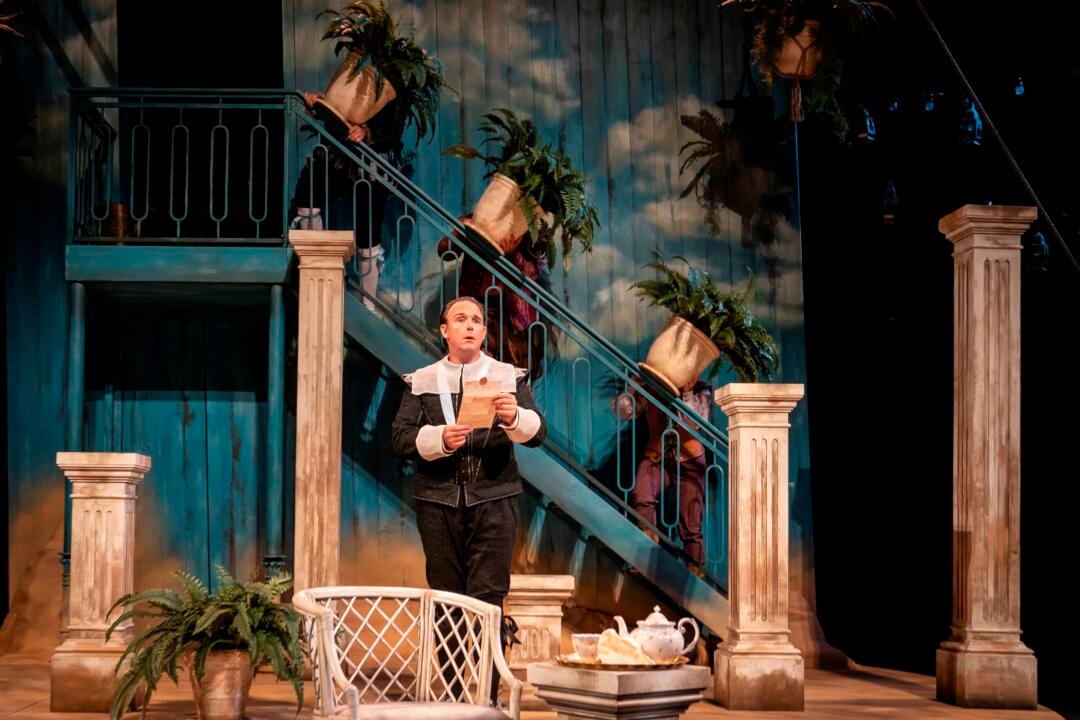Not everyone likes school, but everyone loves to learn. “Star Wars” fans light up when they learn something new about the franchise’s movies or actors. Football fans dote on the statistics of their team’s players, and foodies follow their favorite chefs to glean a new recipe or technique.
Educator Andrew Kern explained that not only does everyone love to learn, but everyone also admires those who excel. Teens into alternative rock prefer the virtuosic guitarist to a mediocre one, and each generation has a Michael Jordan in one sport or another whose prowess is awe-inspiring. We revere greatness.
We watch in awe at nature's wonders and we compete for that same kind of sublime glory.

